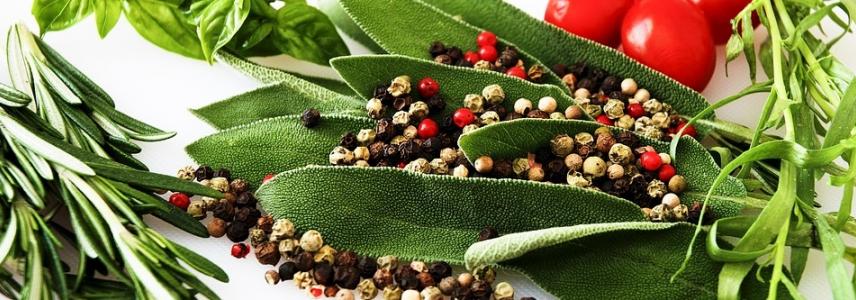Spices and herbs essential to vegan meat alternatives

Veganism is shaping the European market. Many spices used in the meat processing industry are now also used in vegetarian alternatives. This trend helps to maintain a stable demand for spices.
Increase in plant-based diets
More and more people around the world are following plant-based diets. Around 10% of Europeans follow either a vegetarian diet or a vegan diet. Also, the number of flexitarians is increasing. Flexitarians mainly eat a vegetarian diet but sometimes eat meat or fish. Germany is currently the largest European vegan market. It has a 15% share of new vegan product launches. The UK follows Germany with 14% of new vegan product launches. France and Spain both have a 4% share.
Still, plant-based foods are not yet replacing large amounts of meat. The European Commission expects that meat consumption in Europe will only slightly decrease, from 69.3kg per person in 2018 to 68.6kg in 2030. With plant-based alternatives increasing and meat consumption only slightly decreasing, spices and herbs producers have an opportunity. Both meat and non-meat diets use similar combinations of spices. Veganism does not have much influence on the sourcing of specific types of spices. Still, it does influence spice mixing and ingredient companies. These are now making more innovative flavour mixes.
Vegan meat alternatives
Euromonitor expected retail sales of global meat alternative products to increase by 12% in 2020. Data from the UK shows an increase in the number of people living a vegan lifestyle. A poll by The Vegan Society showed that the number of vegans in Britain has increased by more than 360% over the past 10 years. Over 500,000 people now follow a vegan diet. The number of Brits who have eaten meat alternatives increased from 50% in 2017 to 65% in 2019.
Until recently, products such as vegan burgers were mainly sold by independent brands. But now, many retailers have their own vegan and vegetarian ranges. Examples include:
- The Lidl Next Level Burger;
- The Tesco Plant Chef Burger;
- Carrefour Veggie Galettes; and
- IKEA’s vegetable alternative for meatballs.
Examples of new and successful vegetarian burgers by independent brands are the Impossible Burger and the Beyond Burger. Fast food chains also offer meat alternatives such as the KFC Zero Chicken 11 spices and herbs.
Spices and herbs
To produce meat alternatives, processors must create products with a similar texture and structure to meat.
Such products are still being developed. Often, the basic ingredients include plant proteins, mostly sourced in powdered forms. These plant proteins include legume proteins like peas, soy, chickpeas, lentils, and beans. They also include other vegetables, such as mushrooms or root vegetables like beetroots, carrots, and potatoes. The final product must include spice mixes that are similar to the mixes used in meat products.
A wide range of spices is used in meat alternative products. The most popular mixes include dried onions, dried garlic, black pepper, garlic, chilli, paprika, ginger, and curry powder. Many also contain a wide range of herbs such as sage, rosemary and thyme.
European market studies
To learn more about European markets for specific spices and herbs, read the CBI market studies. CBI recently published 2 new studies about the European market for thyme and coriander seeds.
Autentika Global wrote this news article for CBI.
Stay informed
To stay informed on the latest developments in the spices and herbs sector, subscribe to our newsletter.